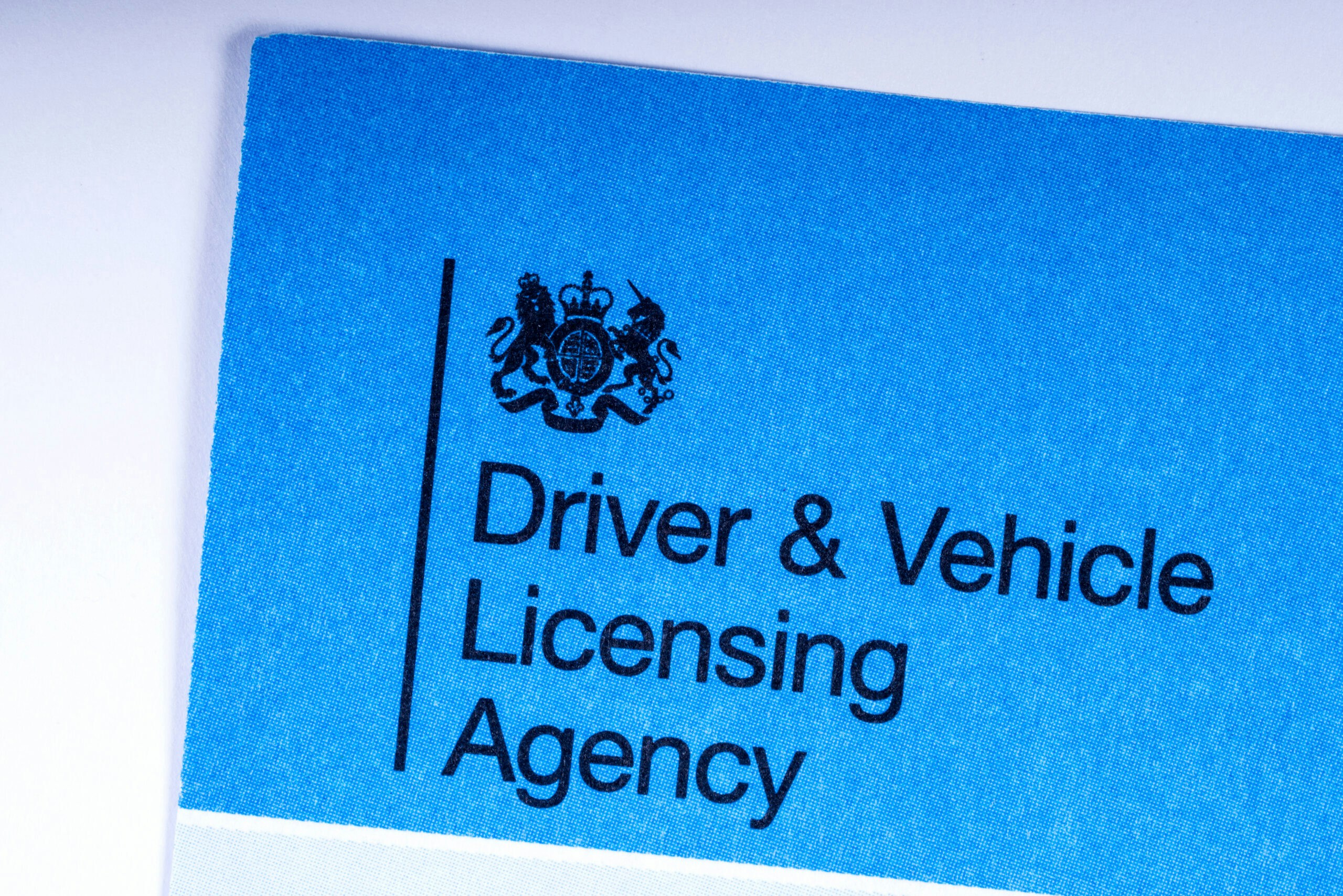How does company car tax work?

Benefits-in-kind are perks extra to your salary, comparable to additional salary, and so they are taxed at the same rate as your income. These perks tend to be the things that are bulleted at the bottom of a job description, for example: private health care, dental care, travel expenses, and of course, a company car.
Company car tax in the UK is based on the car’s value, CO2 emissions, and your own income tax. You don’t pay NI on benefits-in-kind, but your employer does.
- Key changes in company car tax regulations
- What determines company car tax?
- The comprehensive guide to calculating company car tax
- Benefit-In-Kind rates explained
- FAQs

Company car tax regulations
To promote the adoption of zero-emission vehicles, there have been recent developments to company car tax policy. EVs have lower benefit-in-kind rates compared to ICE cars, so you may have noticed a big increase to electric and hybrid car schemes through work.
Less efficient cars get taxed at higher rates, so it benefits both you and your employer to make use of greener company car schemes.
What determines company car tax?
How much car tax do you pay on company cars?
Normal car tax is bracketed, based on your vehicle’s CO2 emissions. On top of that, drivers of cars that were worth over £40,000 upon registration pay an extra ‘expensive car supplement’ for five years.
When your car’s a company car, this differs. Your salary directly impacts the amount of company car tax you are liable to pay. Your company car is considered a benefit-in-kind, or, extra value on top of your salary. As a result, it’s taxed like your salary.
Your benefit-in-kind rate is calculated as:
💰 (Your benefit-in-kind rate X the company car value) X employee tax rate = £tax owed
Company car for sole work use
If you only use your company car for work, you just pay the benefit-in-kind tax and no vehicle excise duty.
This might look like:
🍃 A top-spec Nissan Leaf worth approx. £32,000 driven by a basic-rate taxpayer costs you £128 for the tax year of 2024/25
🛻 A top-spec Range Rover Evoque worth over £60,000 driven by a higher-rate taxpayer costs you £2,898 for the tax year of 2024/25
Company car for personal use
If you use your company car for any personal trips, you have to pay Vehicle Excise Duty (commonly referred to as ‘car tax’ or ‘road tax’) on it as well.
For those above examples, after April 2025, the annual car tax renewal fee would be about £180.
Learn more about car tax in our guide.
The importance of fuel type: Petrol, diesel, hybrid, and electric vehicles
Fuel type plays a significant role in determining company car tax rates. Understanding these differences helps in choosing a fuel type that minimises tax liability.
🛻 Diesel vehicles produce more emissions and are taxed more (unless they meet the Euro 6 standard).
🚗 Petrol cars usually have moderate rates.
💡 Hybrids have lower rates due to better fuel efficiency and lower emissions.
⚡ Electric vehicles have the lowest rates as they produce zero emissions.

Here are some examples of how different fuel types radically change your tax liability for your company car, to a much higher degree than even your own income tax bracket.
| Car type | Company car value | CO2 emissions | BIK rate | Employee tax rate | BIK value | Annual BIK tax payable |
| Petrol | £30,000 | 110 g/km | 27% | 20% | £8,100 | £1,620 |
| Diesel | £30,000 | 120 g/km | 31% | 40% | £9,300 | £3,720 |
| Electric | £40,000 | 0 g/lm | 2% | 45% | £800 | £360 |
Benefit-in-kind rates explained
For the 2025 tax year, zero-emission cars will have a BIK rate of 3%, maintaining their tax advantage. This will increase to 4% for the 2026/2027 tax year and 5% for the 2027/2028 tax year.
Cars emitting 1-50 g/km CO2 will see BIK rates ranging between 6% and 15%. Vehicles with higher emissions (51-100 g/km) will have rates from 16% to 26%.
Rates increase incrementally for every 5 g/km increase in emissions, up to a maximum of 37% for the highest-emitting cars.
FAQs
Can I reduce my company car tax legally?
Yes, you can reduce your company car tax legally by swapping to a low-emission vehicle, such as an electric or hybrid car. Opting for cars with lower values and minimising optional extras can also help reduce the Benefit-in-kind tax payable.
How often are BIK rates reviewed?
BIK rates are reviewed annually by the UK government. Changes are announced in the Budget, so businesses and employees can plan accordingly. Regular reviews ensure the rates reflect environmental goals and economic conditions, encouraging the use of greener vehicles.

Ready to sell?
Check out more of our guides here, covering everything from hybrid and electric car depreciation, to converting your car to dual-LPG fuel.
- Sell my car
- Track your car value
- How to cancel road tax – the ultimate guide
- What is a V11 Reminder?
- How much does it cost to tax an electric car?
- SORN my car
- Checking your road tax
- When does a car become tax exempt?
- How to tax a car without a V5C logbook?
- Which cars are exempt from road tax?
- Can I sell my car with no road tax?
The information provided on this page is for general informational purposes only and should not be considered as professional advice.